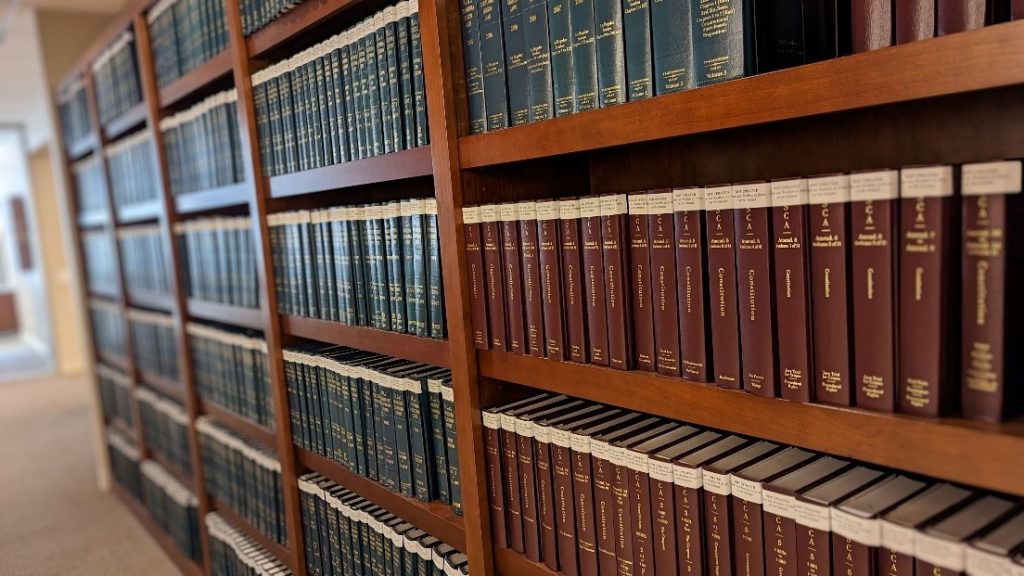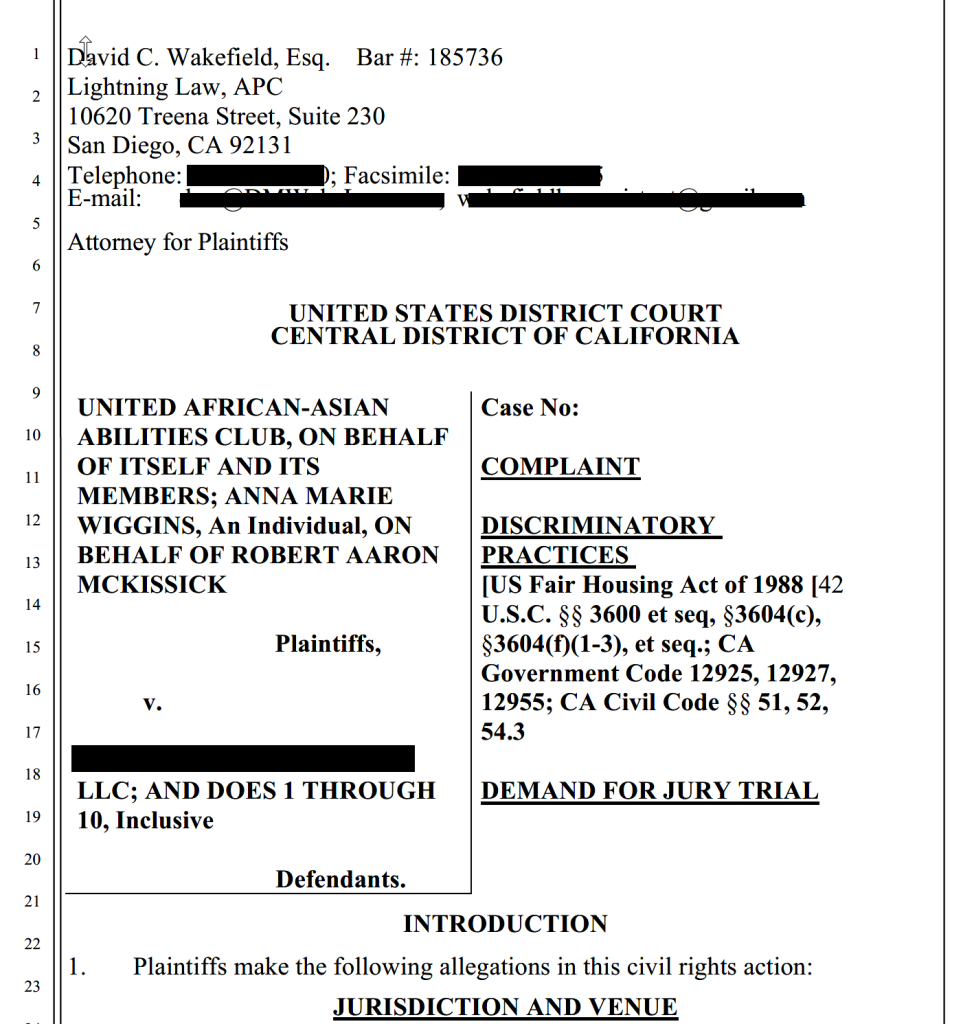 Recently, JMBM reported that it successfully defended a website accessibility lawsuit on behalf of its client Zarco Hotels, against serial plaintiff Traci Morgan. In that case, the court awarded Zarco Hotels $55,414.84 in compensation for its attorneys’ fees and costs.
Recently, JMBM reported that it successfully defended a website accessibility lawsuit on behalf of its client Zarco Hotels, against serial plaintiff Traci Morgan. In that case, the court awarded Zarco Hotels $55,414.84 in compensation for its attorneys’ fees and costs.
JMBM and Zarco Hotels have prevailed again. On July 11, 2023, a different court awarded Zarco Hotels attorneys’ fees and costs related to a separate ADA lawsuit regarding hotel reservations.
Garcia v. Zarco Hotels, Inc., Case No. 21STCV00023 (Superior Court of California, County of Los Angeles) involved claims by serial plaintiff Orlando Garcia, who has filed hundreds of similar lawsuits against businesses in California. The same law firm, Potter Handy, LLP (AKA Center for Disability Access) represented Morgan and Garcia in both cases.
Garcia alleged that the Hollywood Hotel’s reservation requirements did not comply with the ADA because the website did not provide enough information about the physical accessibility features of the hotel. See our article on this issue here: ADA Requires Hotels To Describe Accessibility Features On Website. Continue ›
 ADA Compliance and Defense Blog
ADA Compliance and Defense Blog




 Special districts are independent, governmental agencies or entities established to deliver specialized services to the community, including health, safety, and well-being. Think fire departments, sewer/water districts, and parks departments.
Special districts are independent, governmental agencies or entities established to deliver specialized services to the community, including health, safety, and well-being. Think fire departments, sewer/water districts, and parks departments.

